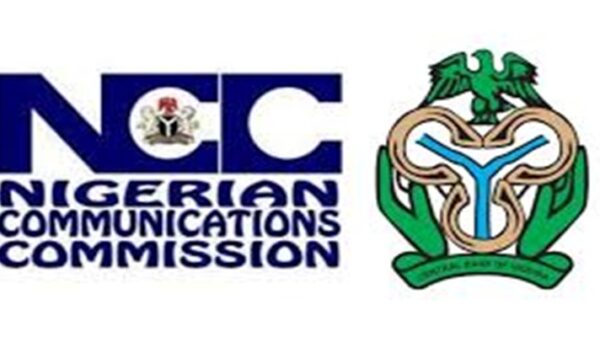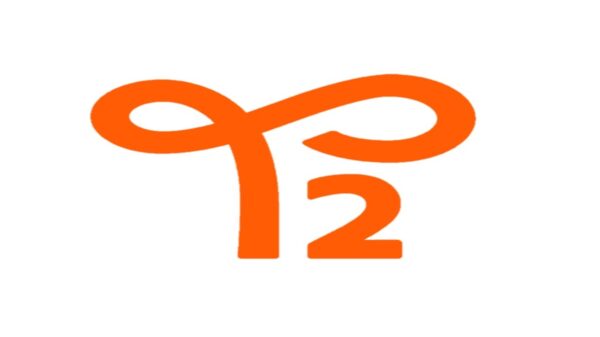The existence of shared vision, partnership and collaboration amongst the Ministry of Communications and Digital Economy, its parastatals and the sector’s stakeholders have been identified as one of the reasons for the unprecedented 17.09 percent contribution of the digital economy sector to the Gross Domestic product of the second quarter of 2021.
Mallam Kashifu Inuwa,Ddirector General, National Information technology Development Agency, disclosed this in a paper titled “The Nigerian Digital Architecture: The Journey So Far.” The paper was presented at the World Fintech Festival, 2021. An event jointly hosted by Nigeria and Singapore.
Inuwa who was represented at the event by the Agency’s Director of e-Government Development and Regulations, Dr Vincent Olatunji, stated that the way forward for Nigeria in attaining vintage position in the global digital economy remains in the country’s resolve to public private partnership initiatives, funding, human capital, advocacy and continuity.
He said, “The digital economy, from Nigeria’s perspectives revolves around the utilization of digital transformation, knowledge and technology to deliver goods and services, economy that drives on the Fourth Industrial Revolution, (4IR), convergence of all sets of digital innovation that drives social economic development and economic output created from digital technologies and innovations.”
According to the DG, the redesignation of the Federal Ministry to Ministry of Communications and Digital Economy and the launch of the National Digital Economy Policy and Strategy, (NDEPS) were responsible for the paradigm shift in Nigeria’s digital economy adding that NDEPS was developed to reposition the Nigerian Economy in order to take advantage of the many opportunities that digital technologies provide.
He said that the eight pillars of NDEPS align well with the Economic Recovery and Growth Plan of the Federal Government and address the three key focus areas of Mr. President, namely economic development, anti-corruption and security noting that the various policies and strategies put in place by the ministry and being executed by its parastatals laid the foundation for the success recorded so far.
While listing Nigeria’s achievements through the Strategic Roadmap and Action Plan, he said the Nigeria Data Protection Regulation initiative has impacted the Ease of Doing Business, cross border data flow, creation of over 3000 jobs, international recognition, creation of a new sector worth N5.2 billion and protection of Nigerian against digital colonialism.
On IT project clearance, he said the initiative has saved the country over N30 billion and reduction in IT project failure in the country while under the Digital Literacy and Skill programme, over 20,000 Nigerians have been trained and 250,000 enrolled in both NITDA Academy and Digital Nigeria dot gov dot ng platform.
He concluded that “digital economy continues to play an important role in our developmental agenda as we move into the age of artificial intelligence.”
![]()




























































